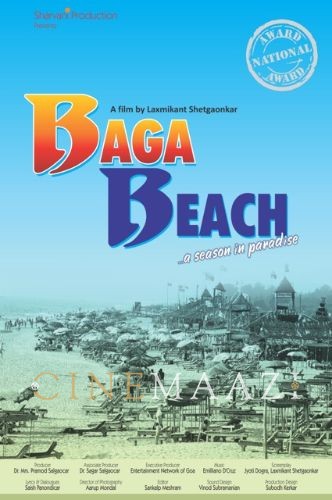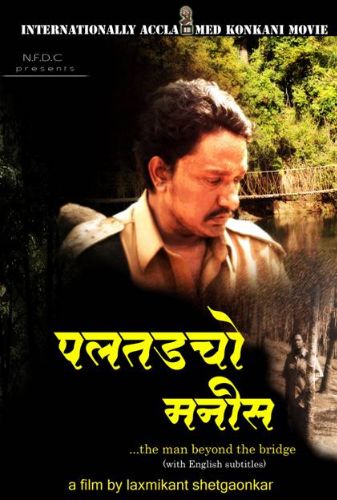Laxmikant Shetgaonkar

Subscribe to read full article
This section is for paid subscribers only. Our subscription is only $37/- for one full year.
You get unlimited access to all paid section and features on the website with this subscription.
Not ready for a full subscription?
You can access this article for $2 , and have it saved to your account for one year.
- Primary Cinema: Konkani
Director of two National Award winning films Paltadacho Munis (2009) and Baga Beach (2013), Laxmikant Shetgaonkar is one of the rising stars of Konkani cinema. He worked at National School of Drama as an actor -teacher and has conducted acting workshops all over India. He has also worked as a production designer of several plays, alongside directing a few himself. Some of his notable plays are Hara Samundar (Green sea) and Karnbharam. He has also worked as an independent screenplay-writer.
His short films and documentaries are reflections of Goan society. Naujawan (Youth) told the story of young people who move from villages to cities and how it changes them. Paltadacho Munis, his first Konkani feature film won the Los Angeles International Festival’s Grand Jury Prize in 2009. It also won the screenplay award from the British Council in 2008. This film stars Chittaranjan Giri, Veena Jamkar, Prashanti Talpankar, Vasant Josalkar and Deepak Amonkar in the main roles. The film’s story is based on Mahabaleshwar Sail’s book Odruxtt (Misfortune). The film’s script was rejected by Goa Government’s finance council but was later picked up by the National Film Development Council. Negligence toward mental health and commercialization of religion form the central themes of the film. The Goa government has honoured him in 2009 for his work in developing Goan culture.
His second film Baga Beach was released in 2013. This film is based on migrant labourers in Goa and the practices of child sexual exploitation. He has also done the Marathi film Ek Sagar Kinara which fetched him the Golden Conch Award at the MIFF in 2004. Tales of Ganges is based on the stories of widows in Varanasi, while Let’s Talk About It explores the sex trade in Vasco.
-
Filmography (2)
SortRole
-

Baga Beach 2013
-

Paltadacho Munis 2009
-
-
Awards (1)

Toronto International Film Festival, 2009
FIPRESCI Award: Paltadacho Munis (2009)







.jpg)



